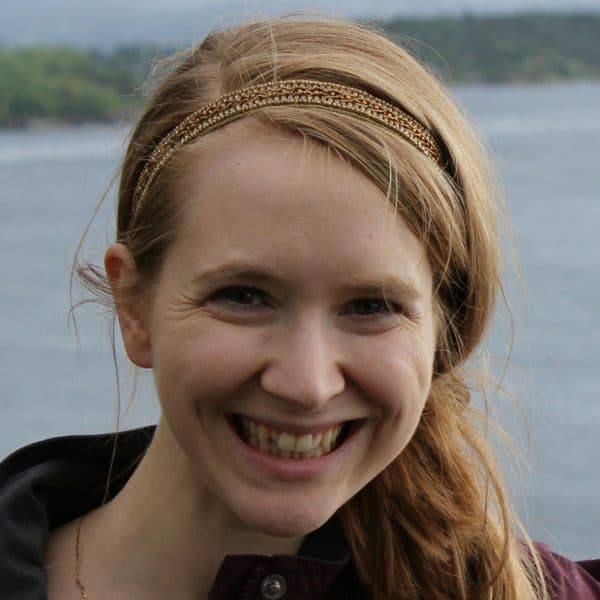Advertisement
Rethinking The Way We Choose Our Careers

We tend to define life by the big moments — graduations, birthdays, that one time you caught a fly ball at Fenway. When we get reflective around the end of the year, we tally up those out-of-the-ordinary experiences to evaluate the year past. But ultimately, the way we feel about our lives as we’re living them day-in and day-out is most heavily affected by the little moments -- making the bed, commuting to work, falling asleep on the couch before the fourth inning.
Let’s say you spend most days of the year overworked, stuck in traffic, eating stale bread for dinner, and generally pretty miserable. But in trudging along, you save up a chunk of money and are able to spring for a once-in-a-lifetime trip to Barbados. Where does that year fall on a scale of depressing to delightful? Are the months of drudgery worth it for the few days of bliss?
In 2014, 52.3 percent of U.S. workers reported being unsatisfied with their jobs.
There’s no right answer; everyone has their own priorities. But what’s interesting is how rarely we consider the question of the ordinary versus the extraordinary when we’re making a decision that will dictate how we spend huge portions of our time: what career to pursue.
In 2014, 52.3 percent of U.S. workers reported being unsatisfied with their jobs. While there are certainly many factors that play into that troubling statistic, surely a component is the number of people who pursue careers that don’t match their lifestyles.
We tell children “follow your passion” as though passion is a rainbow at the end of which they’ll find a pot of gold. Yet how many lawyers try to convince pre-law students to consider another career? How many would-be actors buckle under the stress of living paycheck to paycheck and working side jobs to make ends meet? How many idealistic future politicians finally land a government job only to realize the vast majority of their days are spent pushing paperwork?
Surgeons don’t work on those "Grey’s Anatomy"-style groundbreaking cases every day; most of their days are spent performing operations they’ve done thousands of times before. Authors are rarely so inspired to write that they just can’t tear themselves away from their stories; many days, they have to force themselves to type limp words for hours just to make sure they stay on track. And while many professionals are willing to put up with the daily monotony, others wind up disillusioned.
As bestselling author and happiness expert Gretchen Rubin has argued: what you do every day matters more than what you do once in a while. So when we set our sights on a career, why do we tend to ignore the everyday realities of that profession? Passion is important to be sure, but it’s really just one piece of the puzzle.
For many people, that vacation to Barbados just isn’t worth the 358 day grind leading up to it.
In addition to asking people seeking new careers what they’re passionate about, why not encourage them to think about how they like to spend their time? What kinds of tasks do they enjoy? Do they mind sitting at a desk all day? Do they appreciate structure or have difficulty with deadlines?
What if we actively tried to find jobs that allow us to spend our time the way we want rather than accepting daily struggle as “just part of the job?”
In defining our careers primarily by the big things we do every once in a while rather than the minutiae of our daily lives, we are in danger of gravitating towards or sticking with something we don’t actually enjoy most of the time. For many people, that vacation to Barbados just isn’t worth the 358 day grind leading up to it.
